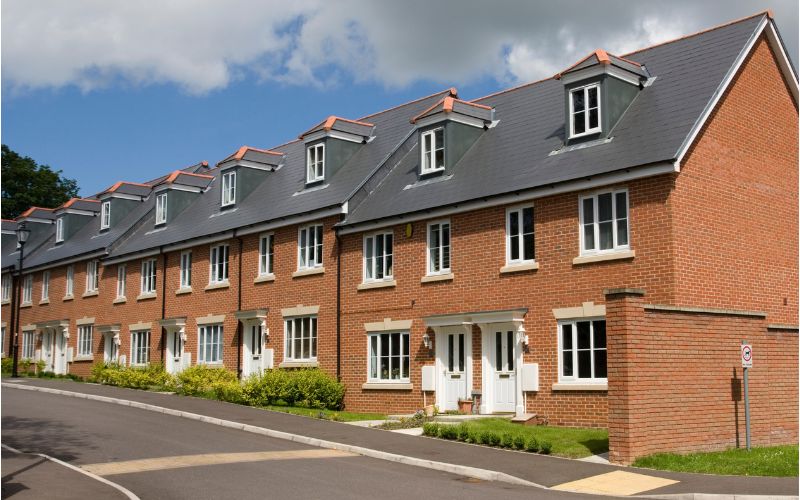One key tool for assessing and understanding your property's energy efficiency is by having an Energy Performance Certificate (EPC). This document allows property owners to have a clear understanding of how energy efficient their building actually is and can even help identify areas for improvement.
What is an energy performance certificate (EPC)?
An Energy Performance Certificate is a legally required document that provides information about the energy efficiency of a building. It is designed to help homeowners, tenants, and prospective buyers understand the energy performance of a property. EPCs also include recommendations for how to improve a building’s energy efficiency.
How are EPC ratings determined?
EPC ratings are calculated based on a range of factors, including:
Energy efficiency: This assesses the property's insulation, heating systems, and overall energy usage.
Environmental impact: The EPC evaluates the carbon emissions produced by the property, including from heating, lighting, and hot water.
Renewable energy sources: If a building incorporates renewable energy sources like solar panels, it can positively affect the EPC rating.
Overall energy consumption: The EPC considers the total energy consumption of the property and compares it to similar buildings.
The rating is calculated using a scale from A to G, with 'A' being the most energy efficient and 'G' the least, and is graded against a points system. Here's a breakdown of the ratings:
- A: 92-100 SAP points
- B: 81-91 SAP points
- C: 69-80 SAP points
- D: 55-68 SAP points
- E: 39-54 SAP points
- F: 21-38 SAP points
- G: 1-20 SAP points
Why do EPC ratings matter?
A higher EPC rating means lower energy consumption, which translates to lower energy bills and a reduced environmental impact.
Additionally, a good EPC rating can increase a property's market value and appeal to potential buyers or tenants.
Overall, an energy efficient property is cheaper to run, with lower heating and electricity bills, saving homeowners and tenants money for years to come.
How to improve your property's EPC rating
If you're concerned about your property's EPC rating, there are several steps you can take to improve it:
Improve Insulation: Better insulation reduces heat loss, making your home more energy efficient.
Upgrade Heating Systems: Modern, efficient heating systems can significantly impact your EPC rating.
Install Renewable Energy Sources: Solar panels, heat pumps, and wind turbines can boost your rating.
Energy-Efficient Lighting: Replacing old bulbs with LED lights can improve your rating.
Double Glazing: Installing double-glazed windows can reduce heat loss.
Draught-Proofing: Sealing gaps and cracks in windows and doors can prevent heat loss.
It’s a legal requirement for EPC ratings to be included in property listings when selling or renting a home. Failing to provide an EPC can result in fines. Additionally, the Minimum Energy Efficiency Standards currently require all homes to have a minimum of EPC D rating and EPC E for commercial use properties.
When should you enlist the help of a building surveyor?
A Level 2 or a Level 3 building survey will be able to identify any hidden problems that are affecting your home’s EPC rating.
For commercial-use buildings, a Technical Due Diligence survey will also highlight any issues that need to be addressed in order to improve your building’s EPC rating.
But how do you know what to change and how much it will cost? This is when the advice and experience of a chartered building surveyor really comes in handy – just ask us!
Who are we?
Our team of Chartered Building Surveyors work closely with estate agents, landlords, lenders and local authorities across London and the South Coast to proactively navigate a changing horizon. From ensuring new projects are delivered on time and in budget, to delivering upgrades on behalf of councils.
Read more about our solutions here:
Reinstatement Cost Assessments
Planned Preventative Maintenance
Alternatively, email us at enquiries@sillencehurn.co.uk or call our Southampton team on 02380 014786 or London at 020 3143 2128.
If you're looking for the next steps in your career why not check out our latest opportunities and see if we align with you and your values!





